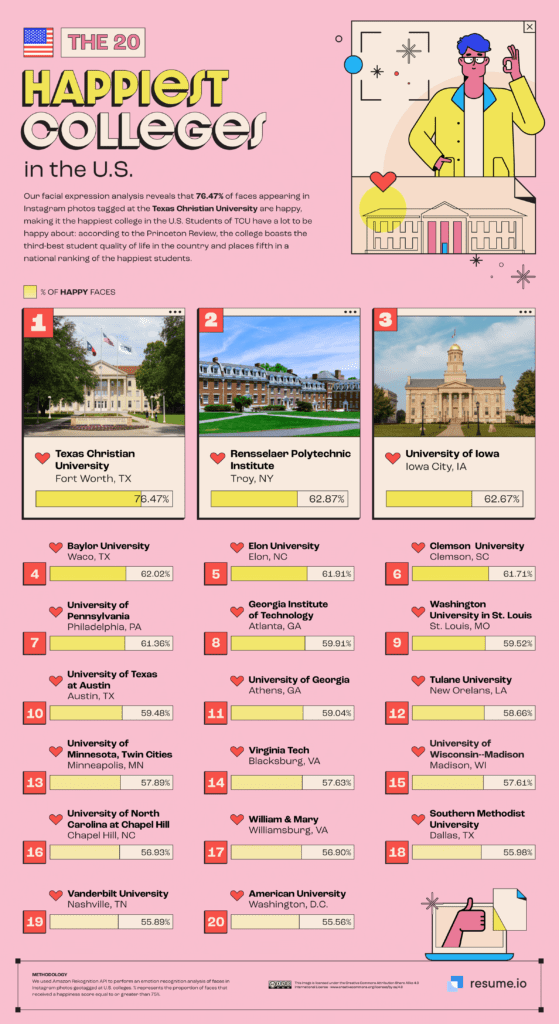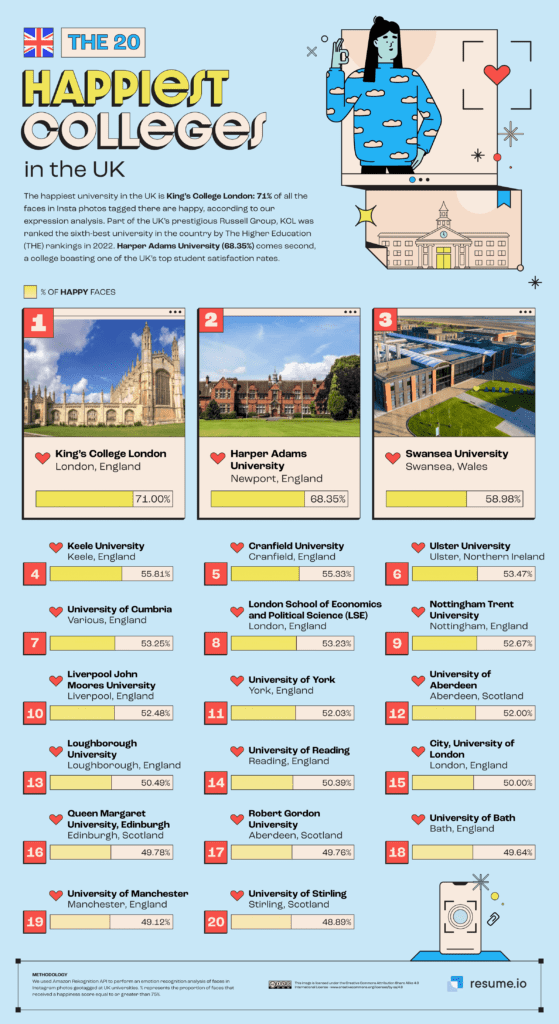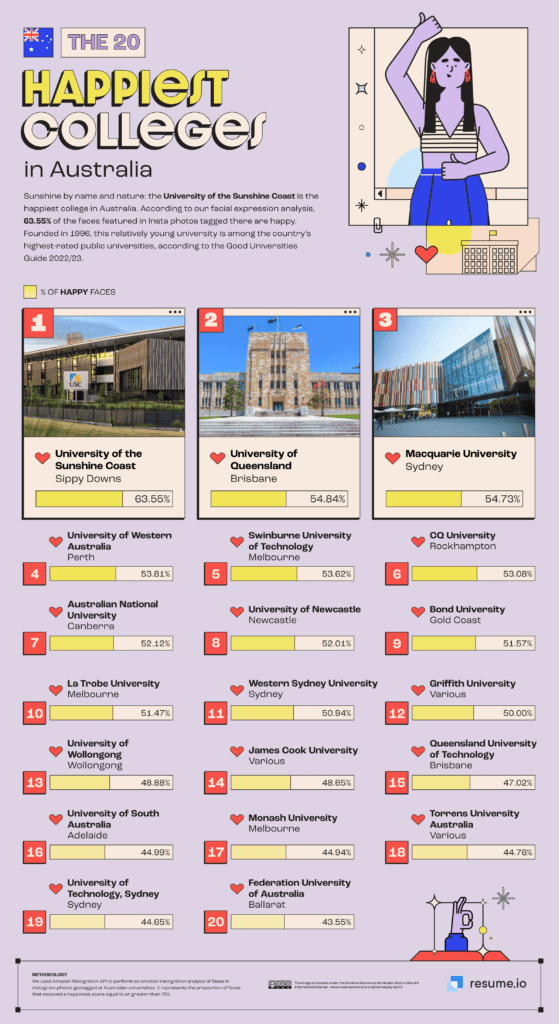Most physicians complete their medical training and begin working immediately in a traditional hospital or office setting, but other opportunities are available. Physicians working in conventional settings often report exhaustion, burnout, and salary caps.
The medical field offers many traditional job opportunities to physicians, including emergency care, primary care, and neurology. Still, there are plenty of non-clinical jobs for doctors in pharmaceutical and drug development, consulting, and education.
What is a Non-Clinical Career?
A non-clinical healthcare career is an option for medical professionals who don’t enjoy working in a clinical setting, such as a hospital or doctor’s office.
Non-Clinical Career Definition
Non-clinical workers support patient needs but do not diagnose, treat, or directly care for the patient. Non-clinical professionals provide essential behind-the-scenes medical support.
Examples of Non-Clinical Jobs, Doctors’ Opportunities
Health Educators (Typical Pay: $55,000 to $77,000)
Health educators work in various settings, including universities, community centers, and schools. Health education specialists train professionals or the next generation of healthcare professionals.
Health educators may have a bachelor’s degree or advanced education. Physicians with advanced education may teach specialized education courses for increased pay
Healthcare Administration (Typical Pay: $46,000-$100,000)
A medical administrator is an advanced position that requires a degree in healthcare and is an excellent position for a physician looking to work in a non-clinical setting. Healthcare administrators make everything happen.
They overlook business management and overall daily activities. Some physicians start their careers in non-clinical positions, while others realize later that they would prefer a non-clinical setting.
Physicians can choose a different path by applying for non-clinical jobs for doctors using an updated physician resume.
Executive Leadership (Typical Pay $150,000+)
Physicians may choose to move into an executive leadership position, such as:
- Chief executive officer (CEO)
- Chief medical officer (CMO)
- Chief integration officer (CIO)
Medical institutions need exceptional leadership and prefer to hire physicians who understand how the system works. Physician led hospitals often have the upper hand because the executives understand from a personal experience and can make changes that benefit the entire organization.
5 Non-Clinical Careers for Full-time Physicians Outside the Hospital
Burnout is a significant concern reported by hospitals as COVID-19 amplified the pressure placed on many physicians’ daily schedules. Doctors give to others daily, but this can lead to severe burnout.
Increasing malpractice concerns, inadequate pay, and burnout are common complaints from physicians. As a result, some physicians want to change their daily experience.
The medical field is filled with career opportunities for physicians seeking new opportunities outside of the hospital setting. Here are the top 5 jobs for physicians in non-clinical settings:
1. Physician Coaches
Reputable and highly respected physicians typically get their innovative ideas and strategies from a trusted physician coach. Physician coaches mentor others and teach or reinforce essential skills such as:
- Burnout prevention
- Customer satisfaction
- Improved workplace and patient-doctor communication
- Improved hospital management
- Career transitions
2. Consultation Services
Consulting firms prefer to have a licensed medical doctor on their workforce team. Legal firms may utilize a doctor for malpractice trials, determine standard medical care, identify various diseases or injuries, or provide testimonies for medication approval.
Physician-to-physician consultations enable specialists to advise other practitioners without requiring the patient to experience a face-to-face visit. The general doctor continues to oversee the patient’s care with medical insight from the specialist.
Physician consultants can also work for a consulting firm. Medical facilities request consultation services from a doctor to help cut waste, create more efficient systems, improve business, and suggest revised guidelines.
3. Educators
Physicians with a passion for teaching can choose to teach early medical courses at colleges or universities. Physicians typically choose pre-med subjects like chemistry or biology but may choose more advanced subjects that cater to their specialty.
Doctors can inspire students and encourage them to become reputable physicians passionate about helping others. A physician educator’s pay is typically based on experience, education, and location.
4. Pharmaceutical Testing and Development
Physicians may move into the development and testing of new drugs to help patients with advanced medical concerns. Physicians are needed during pharmaceutical development and testing because they understand potential side effects and how the patient is affected.
5. Medical Writing
Physicians who have a passion for writing can join their skill as a doctor with their skill for writing. Doctors can provide medical blogs on various topics that involve complicated medical terms and practices, share medical information from drug companies, or work on research teams to advance medicine.
Executive leadership offers some of the highest paying non-clinical physician jobs. Still, there are many lucrative opportunities for doctors who want to step away from the daily grind of caring for patients.
Why Are Doctors Shifting to Non-Clinical Careers?
Doctors usually shift to a non-clinical setting because they would prefer a less stressful environment or an increase in pay after working for a time in a hospital or clinical setting with daily patient interaction.
Benefits of Non Clinical Job for Physician
Reduced Medical Malpractice Risk
Physicians working in a hospital or clinical setting constantly face the risk of facing a malpractice lawsuit. Medical malpractice disputes may create the following consequences:
- Legal cases that require time and income
- Damaged reputation
- Malpractice insurance costs
- Revoked professional or personal assets
Improved Work and Life Balance
Physicians often sacrifice personal time, moments with their family, and rest to accommodate the demand of patients. Non-clinical medical positions often allow physicians to make their schedule, enabling them to enjoy personal time and a more balanced work/life experience.
Increased Salary
Non-clinical medical positions may provide more pay than hospital work. Physicians often seek out non-clinical employment to experience an increase in revenue.
Experience Change
Many physicians seek nonclinical work after years of repetitive patient interactions. A new environment allows doctors to use their skills to a higher potential, meet new people, work with new teams, and help to improve patient lives without personally providing medical care.
Significantly Impact the Medical Field
Non Clinical jobs can affect a medical institution’s overall health and functioning. A non-clinical physician can use their skills to help multiple patients from behind the scenes.
Non Clinical positions allow doctors to work with departments or develop new technology to improve the health care system.
Why is it Important for Doctors to Pursue Non-Clinical Careers?
Medical practitioners and doctors have dedicated their lives to others. But, doctors must pursue job opportunities that inspire them, pay well, and utilize their education.
● Increased Pay
Many physicians who work inside the hospital or office carry a heavy load of responsibility and work many hours. Non-clinical career opportunities offer doctors a better lifestyle with increased pay and a more flexible schedule.
● Better Hours
Many physicians are on call or have shifts in the evenings and weekends. Non-clinical career opportunities allow physicians to better balance work and family life.
● Reduce Burnout
Physicians experiencing exhaustion burnout can switch to a non-clinical opportunity and enjoy more time with family, friends, and hobbies. Physicians outside hospitals and medical practices enjoy regular hours without shift work or 24-hour call responsibilities.
● New Opportunities
Healthcare is constantly evolving, and new technological developments allow physicians to switch to non-clinical positions while remaining in the medical field.
Fresh Start Needed: Non-Clinical Jobs for Doctors
Many physicians are finding themselves overworked, underpaid, and ready for change. If so, there are multiple lucrative, non-clinical career opportunities in the healthcare sector. Non-clinical medical positions give doctors a fresh start based on their education and experience.
Physicians can work in non-clinical settings as consultants, coaches, or educators. They may also work at an established law firm or pharmacy or choose to operate as freelancers who pick and choose their assignments and hours. Physicians can take on new opportunities with better pay, less stress, and flexible hours.
SEE ALSO: How to Create the Perfect LinkedIn Profile














